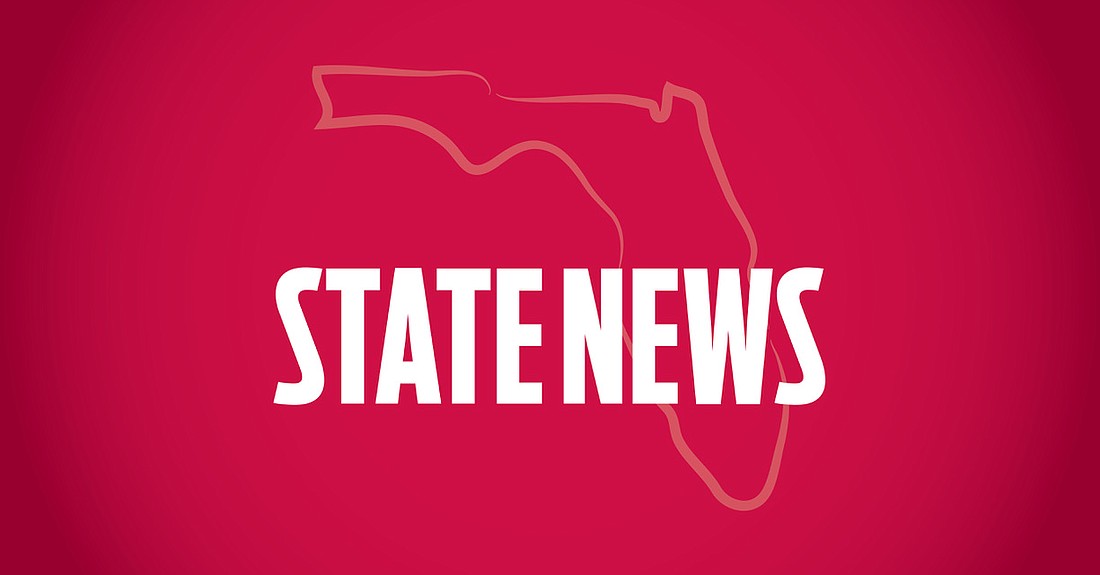- January 9, 2025
-
-
Loading

Loading

TALLAHASSEE — While saying Florida has repeatedly changed laws to “target” ways Black voters cast ballots, a federal judge Thursday closed the door on allegations that key parts of a 2021 elections law were unconstitutional.
Chief U.S. District Judge Mark Walker issued a 17-page order after the 11th U.S. Circuit Court of Appeals last year overturned a ruling in which he found the law improperly discriminated against Black voters. The Atlanta-based appeals court sent the case back to Walker to address two major issues.
Walker, in Thursday’s order, appeared to criticize the appeals court for “reweighing” facts in the case. But he entered a judgment in favor of the state, concluding that plaintiffs had not met a legal test for showing that the changes in the law “unduly burden” First Amendment and equal-protection rights.
“As this court (Walker) previously found after a lengthy, two-week bench trial, the state of Florida has, with surgical precision, repeatedly changed Florida’s election code to target whichever modality of voting Florida’s Black voters were using at the time,” Walker wrote Thursday. “That was not this court’s opinion — it is a fact established by the record in these cases. Even so, following the state of Florida’s appeal, this persistent and pernicious practice of targeting the modalities of voting most used by Florida’s Black voters has apparently received the stamp of approval in this (11th) Circuit.”
The issues involved parts of the law that imposed new restrictions on mail-in ballot drop boxes and voter-registration groups.
It required boxes to be manned by employees of supervisors of elections and limited their use to early-voting hours. Also, it required voter-registration groups to return completed applications to elections supervisors in the counties where applicants live and imposed a 14-day deadline for submitting the forms.
Gov. Ron DeSantis and the Republican-controlled Legislature approved the law (SB 90) in 2021 as GOP leaders across the country pushed to make voting changes after former President Donald Trump’s loss in 2020.
While Florida had a relatively smooth 2020 election, Republican lawmakers argued the changes were necessary to make the state’s elections more secure. Opponents, however, argued the changes were targeted, at least in part, at Black voters, who overwhelmingly support Democratic candidates.
For instance, opponents pointed to Democrats far outnumbering Republicans in casting vote-by-mail ballots in 2020. Also, they said minority voters more heavily rely on “third party” voter-registration groups to sign up to vote.
Voting-rights groups and other plaintiffs challenged the constitutionality of the measure, and Walker issued a 288-page decision in March 2022 that blocked disputed changes in the law. A three-judge panel of the appeals court in April 2023 overturned major parts of Walker’s ruling, and the full appeals court later declined to take up the case.
In his order Thursday, Walker said he needed to apply a legal test to “determine whether the state’s interests outweigh the asserted burdens on the right to vote in this case.”
He wrote, for example, that “although the drop-box restrictions make it harder for after-hours drop-box voters to deliver their vote-by-mail ballots, the restrictions at issue do not keep people from voting.”
“(The) burden here is relatively modest — something more than an incidental burden for those who depend upon more flexible hours to submit their ballots, without constituting a substantial burden on the right to vote,” he wrote.
Also, he wrote that “based on the Eleventh Circuit’s reweighing of the facts, this court (Walker) cannot find that the (voter) registration-delivery requirements are intentionally racially discriminatory, and thus, necessarily pose a severe burden on Black voters. Instead, this court must consider the disparate impact these provisions have on voters who rely on 3PVROs (third-party voter registration organizations) to register — particularly Black voters — and the magnitude of this injury.”
“On balance, this court cannot say that the registration-delivery requirements unduly burden plaintiffs’ First and Fourteenth Amendment rights in violation of the Constitution,” Walker wrote, referring to the 14th Amendment’s Equal Protection Clause.